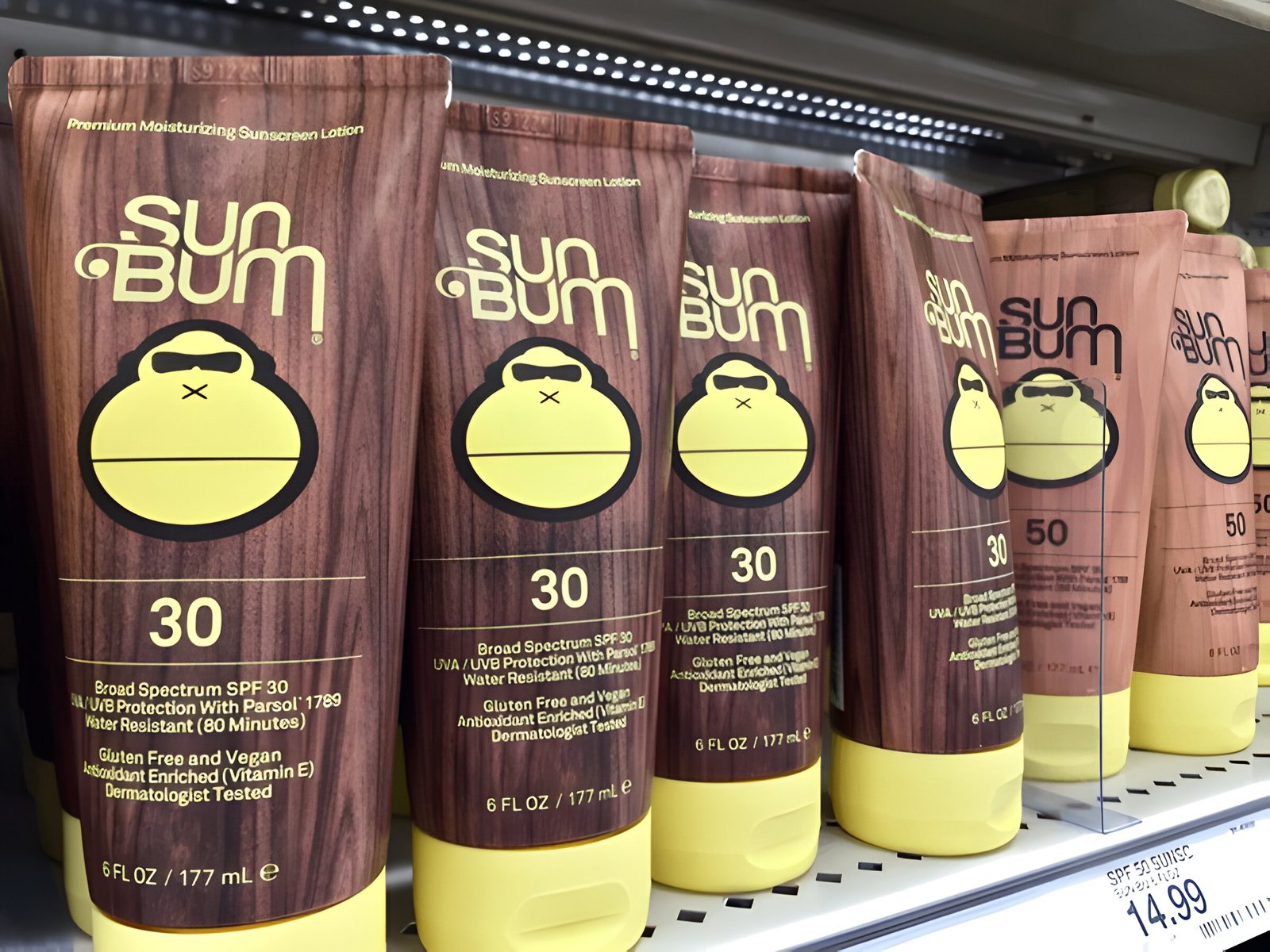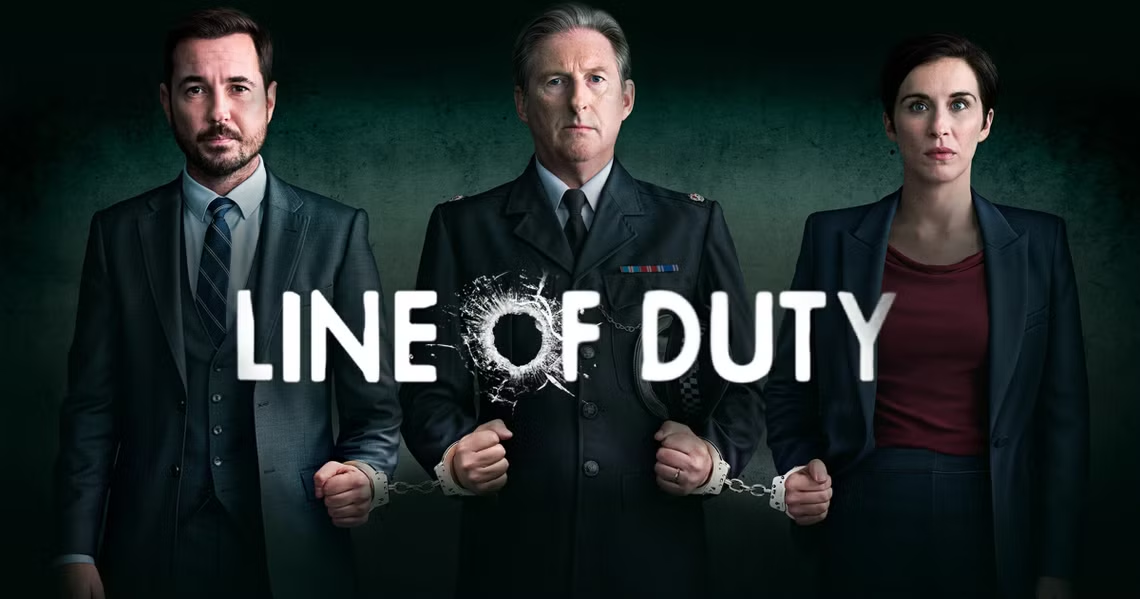
Image credit Shutterstock
The growing concern for marine ecosystems has brought reef safe sunscreen to the forefront of beach-goers’ minds. As awareness increases about the harmful effects of traditional sunscreens on coral reefs and marine life, consumers are seeking alternatives that protect both their skin and the environment. Sun Bum, a popular sunscreen brand, has entered the reef safe market, prompting questions about its effectiveness and true eco-friendliness.
This article aims to examine Sun Bum’s reef safe claims and compare them to other brands in the market. It will explore the concept of reef safe sunscreen, including biodegradable and organic options, and their importance in preserving coral reefs in places like Hawaii, Canada, and Australia. The review will also look at the SPF 30 protection offered by these products and their overall impact on marine ecosystems, helping readers make informed decisions about their sunscreen choices.
Understanding Reef Safe Sunscreen
What Makes a Sunscreen Reef Safe?
Reef safe sunscreen has become a crucial topic for ocean scientists and beachgoers alike. These products aim to protect both human skin and marine ecosystems. Typically, reef safe sunscreens use physical UV filters instead of chemical ones. The active ingredients in these sunscreens are usually zinc oxide and titanium dioxide, which form a physical barrier on the skin to block UV rays.
However, it’s important to note that the terms “reef friendly” and “reef safe” are not regulated. Consumers should always check the active ingredients list to ensure the product doesn’t contain harmful chemicals. Additionally, the size of mineral particles matters. Micro-sized or non-nano mineral sunscreens are preferable, as nanoparticles can be toxic in high concentrations.
The Impact of Harmful Chemicals on Coral Reefs
Chemical sunscreens have been linked to coral reef deterioration. Studies have shown that certain UV filters, particularly oxybenzone and octinoxate, can have detrimental effects on marine life. These chemicals can cause coral bleaching, DNA damage, and abnormalities in coral growth and skeleton formation.
The impact extends beyond corals. Sunscreen contaminants can harm seagrass and algae, which are critical habitats and food sources for coral reef fish and other marine life. Some chemicals, like octocrylene, may generate benzophenone, a potential carcinogen with hormone-disrupting effects.
Also Read : Top 10 White Dogs with Crusty Coats You Need to Know
Key Ingredients to Avoid
To protect marine ecosystems, it’s crucial to avoid sunscreens containing the following harmful substances:
- Oxybenzone
- Octinoxate
- Octocrylene
- Avobenzone
- 4-methylbenzylidene camphor
- PABA
- Parabens
- Triclosan
- Nanoparticles or “nano-sized” zinc or titanium
- Any form of microplastic, such as “exfoliating beads”
Image Credit: Yandex

Instead, consumers should opt for mineral-based sunscreens with non-nano zinc oxide or titanium dioxide. These alternatives provide effective sun protection while minimizing harm to marine life. However, it’s worth noting that even mineral sunscreens may have some environmental impact, as research in this area is ongoing.
Sun Bum’s Reef Safe Claims
Sun Bum, a popular sunscreen brand, has positioned itself as a reef-friendly option in the market. However, a closer examination of their claims and ingredients reveals a more complex picture.
Analyzing Sun Bum’s Ingredients
Sun Bum’s sunscreen products contain a mix of chemical active ingredients. These include avobenzone (3%), homosalate (5%), octisalate (3%), and octocrylene (10%). While these ingredients provide effective sun protection, they raise some concerns:
- Avobenzone: Associated with low risks of cancer, developmental toxicity, and allergies.
- Homosalate: Linked to enhanced skin absorption and moderate non-reproductive organ system toxicity.
- Octisalate: Raises concerns about allergies and high biochemical or cellular level changes.
- Octocrylene: Has low risks of allergies and irritation but high potential for biochemical changes.
It’s important to note that the FDA lacks sufficient health safety data to classify these ingredients as entirely safe and effective. Additionally, Sun Bum advises against using their products on children under three years old.
Compliance with Hawaii’s Sunscreen Laws
Sun Bum has taken steps to align with Hawaii’s reef protection legislation. The company proudly states that all their U.S. sunscreen products are made without oxybenzone and octinoxate, the two ingredients banned by Hawaii’s Act 104. This compliance allows Sun Bum to market their products as “Hawaii Act 104 Reef Compliant.”
However, it’s crucial to understand that this compliance doesn’t necessarily mean the products are entirely reef-safe. Sun Bum acknowledges the lack of a universally agreed-upon definition or FDA regulation for terms like “Reef Friendly” or “Reef Safe.” They choose to use the term “Hawaii Act 104 Reef Compliant” to indicate their products meet the specific requirements of Hawaii’s legislation.
Third-Party Certifications
While Sun Bum meets Hawaii’s legislative requirements, there’s no mention of third-party certifications specifically validating their reef-safe claims. The company emphasizes their commitment to environmental responsibility, stating they wouldn’t risk harming the ocean ecosystems they cherish. However, they also acknowledge the ongoing debate and differing perspectives on what constitutes truly reef-safe products.
In conclusion, while Sun Bum has taken steps to remove certain harmful ingredients and comply with Hawaii’s regulations, their products still contain chemical UV filters that may have potential environmental impacts. Consumers should be aware that “reef-safe” claims are not regulated, and further research may be needed to fully understand the environmental impact of these sunscreens.
Image Credit : Yandex

Comparing Sun Bum to Other Reef Safe Brands
Top Reef Safe Sunscreen Alternatives
When comparing Sun Bum to other reef safe sunscreen brands, several alternatives stand out. Badger Reef Safe Sunscreen SPF 40 Sport Mineral Sunscreen is a top-rated option with excellent water and sweat resistance. It has minimal white cast and is nearly fragrance-free. Thinkbaby SPF 50+ Baby Sunscreen is another popular choice, offering affordable protection and wide availability.
For those seeking a spray option, Raw Elements SPF 50 Mineral Sunscreen Spray provides a viable reef-safe alternative. However, experts generally recommend lotion-based sunscreens for more reliable coverage.
Performance and Protection Factors
In terms of performance, reef-safe sunscreens generally offer good protection but may feel different on the skin compared to chemical sunscreens. They typically have a heavier, slightly sticky feel and may leave a white cast. However, they provide effective sun protection and water resistance.
Badger SPF 50 Adventure Sport Mineral Sunscreen, for instance, has the highest percentage of zinc oxide among tested products, offering superior protection. Thrive Natural Body Mineral Sunscreen SPF50 stands out for its sheerness, making it an excellent choice for facial application.
Price and Availability Comparison
Reef-safe sunscreens vary in price and availability. Thinkbaby SPF 50+ is one of the most affordable options at $3.23 per ounce and is widely available. Badger products, while slightly pricier, are also easily found in many stores.
Some brands, like Raw Elements, are becoming more accessible and can be found in stores like Target and Whole Foods. However, they may be more expensive than traditional sunscreens.
It’s worth noting that while these alternatives may cost more than Sun Bum, they often have simpler ingredient lists and more rigorous reef-safe certifications. For instance, Badger products have undergone intensive reef-safe testing by Haereticus Environmental Laboratory, providing an extra layer of assurance for environmentally conscious consumers.
Conclusion
The quest for reef-safe sunscreen has brought Sun Bum and other brands into the spotlight. While Sun Bum has made efforts to comply with Hawaii’s sunscreen laws, its products still contain chemical UV filters that might have an impact on marine ecosystems. This highlights the complexity of the “reef-safe” label and the need for consumers to look beyond marketing claims to understand product ingredients.
In the end, truly reef-safe alternatives like Badger and Thinkbaby offer more assurance for environmentally conscious beachgoers. These products, though sometimes pricier and less cosmetically elegant, prioritize marine health without compromising skin protection. As research in this area keeps evolving, staying informed about sunscreen ingredients and their environmental effects is key to making choices that protect both our skin and our oceans.
FAQs
1. Is Sun Bum sunscreen safe for reefs?
Despite being marketed as reef “friendly,” Sun Bum sunscreen is not considered reef safe. It contains chemicals that may harm coral reefs.
2. What sunscreen is recommended for reef-safe snorkeling?
The Blue Lizard Sensitive Mineral Sunscreen SPF 50+ is highly recommended for reef-safe snorkeling. It’s particularly suitable for individuals with sensitive skin and is considered the best overall option for protecting reefs.
3. Are sunscreens labeled as reef safe truly safe for reefs?
While mineral sunscreens containing titanium dioxide or zinc oxide are generally better options, no sunscreen can be deemed completely “reef safe.” Scientific understanding of sunscreen toxicity to marine environments continues to evolve.
4. Which sunscreen brands are considered safe for reefs?
This information is currently incomplete. For a comprehensive list of reef-safe brands, further research or consultation with environmental protection resources is recommended.







